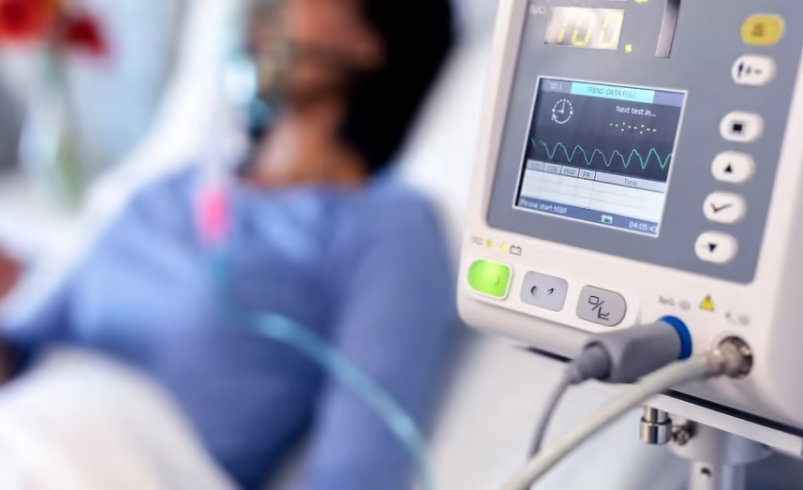Legionnaires’ Disease Outbreak in NYC: 58 Infected, 2 Dead
- August 6, 2025
- 0

A significant outbreak of Legionnaires’ disease has emerged in New York City, affecting 58 individuals and resulting in two fatalities. The outbreak is concentrated in Central Harlem and surrounding neighborhoods, specifically within the zip codes 10027, 10030, 10035, 10037, and 10039. Health officials have issued warnings urging residents with flu-like symptoms to seek medical attention promptly.
Legionnaires’ disease is a severe form of pneumonia caused by the Legionella bacteria. This bacterium thrives in natural freshwater environments like lakes and streams but can proliferate indoors in water systems such as shower heads, sink faucets, hot tubs, and cooling towers. Infection occurs when individuals inhale water droplets containing the bacteria. The disease is not typically transmitted from person to person.
In response to the outbreak, the New York City Health Department has initiated remediation efforts for 11 cooling towers that tested positive for Legionella. Acting Health Commissioner Dr. Michelle Morse emphasized the importance of early diagnosis and treatment, particularly for high-risk groups such as adults over 50, smokers, and those with chronic lung conditions.
Symptoms of Legionnaires’ disease usually appear between two to 14 days after exposure and include cough, chills, muscle aches, fever, and difficulty breathing. Some patients may also experience nausea, diarrhea, and confusion. Diagnosis involves a chest X-ray, urine test, and lab analysis of a phlegm sample.
Most cases of Legionnaires’ disease can be treated effectively with antibiotics like Levofloxacin and Azithromycin. However, severe cases may lead to lung failure or death. The CDC reports that approximately 10% of those infected will die from complications. To prevent outbreaks, building owners are advised to implement water management programs to control the growth of Legionella bacteria.
Health officials recommend that individuals at higher risk take preventive measures such as quitting smoking and managing chronic pulmonary diseases aggressively. Currently, there is no vaccine for Legionnaires’ disease; thus, prevention focuses on reducing bacterial spread.